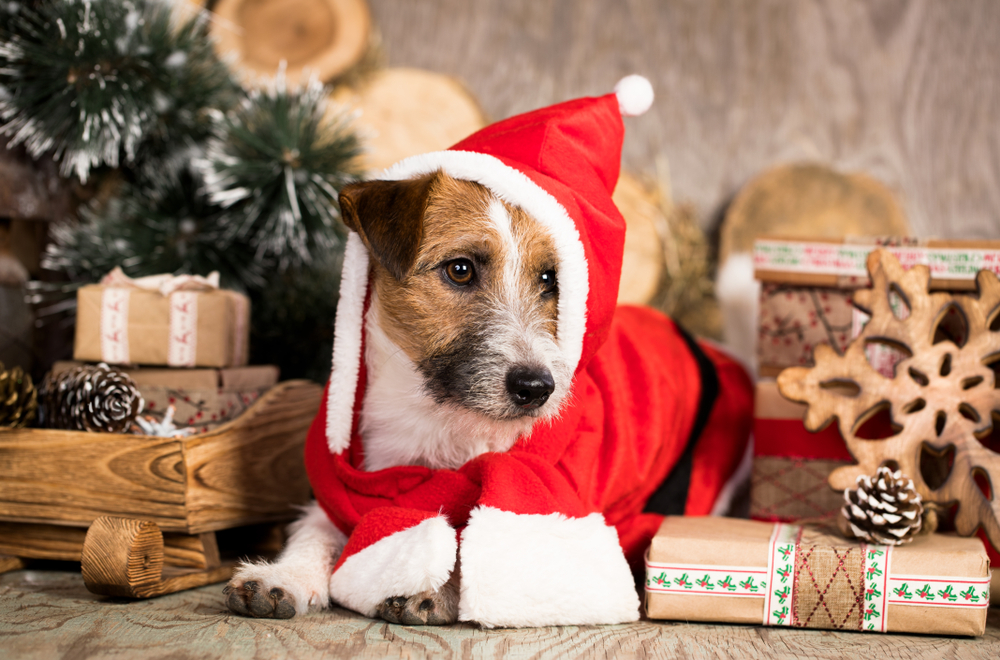
As the holiday season approaches, many homes are adorned with festive decorations, including the classic and vibrant poinsettia plants. While these plants add a touch of holiday cheer, it's crucial for pet owners to be aware of the potential dangers they pose to our furry friends. Poinsettias, a popular symbol of the season, can be toxic to dogs and cats if ingested.
Poinsettias contain a milky, white sap that contains chemicals known as diterpenoid euphorbol esters. While the toxicity of poinsettias is generally mild, it can cause irritation to the mouth and stomach, leading to symptoms such as drooling, vomiting, or mild discomfort. In most cases, these symptoms are self-limiting and do not require extensive medical intervention.
However, it's essential for pet owners to be vigilant and take precautions to prevent their animals from coming into contact with poinsettias. Here are some tips to keep your pets safe during the holiday season:
Place Poinsettias Out of Reach: Ensure that poinsettias are displayed in areas where your pets cannot easily access them, like on high shelves or tables.
Supervise Your Pets: Keep a watchful eye on your pets, especially if they are known to be curious about new things.
Choose Pet-Friendly Decorations: Opt for pet-friendly holiday decorations and plants. There are many non-toxic alternatives available that can still add a festive touch to your home without posing a risk to your pets.
Be Aware of Other Holiday Hazards: Poinsettias are not the only potential holiday hazard for pets. Keep an eye out for other dangerous items such as tinsel, ornaments, and holiday lights that could pose a threat if chewed or ingested.
Know the Signs of Poisoning: Familiarize yourself with the signs of poisoning in pets. If you suspect your pet has ingested poinsettia or any other toxic substance, contact your veterinarian immediately.
In case of accidental ingestion, it's important not to panic. While poinsettia toxicity is generally mild, it's always best to consult with a veterinarian for guidance tailored to your pet's specific situation. Remember that prevention is key, so take steps to create a safe and pet-friendly holiday environment in your home.
By staying informed and taking proactive measures, you can ensure that your pets remain happy and healthy throughout the holiday season. If you have any concerns or questions about potential hazards, don't hesitate to reach out to our clinic for guidance. Wishing you and your furry companions a safe and joyful holiday season!





